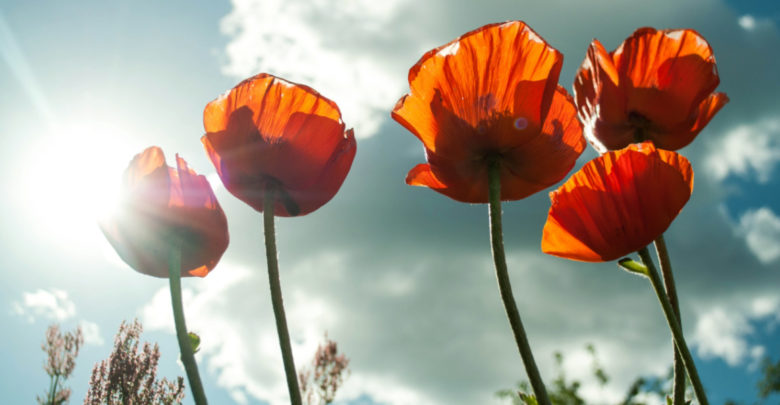 Supplied by Pixabay
Supplied by PixabayRemembrance Day has passed. We have honoured the millions of valiant souls that persevered against human calamities of unfathomable proportions. But there remain those whose chronicles of resilience went unmentioned.
There have been many movies and TV shows depicting the vileness of war, such as Saving Private Ryan or Band of Brothers. These have been good in that they allow people to imagine even a fraction of the horrors of World War I and II. However, in their quest to do so, media has altered reality. It forgets the so-called racial minorities, belonging to the non-white colonies from places like India, Kenya, Nairobi, Gambia, Sierra Leone, and more.
The dominant Canadian narrative of the World Wars does a commendable job in portraying the dauntlessness of British, American, and Canadian brigades, and rightly so. However, the credentials of such narratives are severely undermined when the pages of history are revisited. The colonies, which served under the command of European nations and in many instances played a pivotal role in turning the tide of World War I and II, are significantly downplayed.
One example is India, a prominent British colony. In 1914, India, reeling under the shackles of colonialism, extreme poverty, disease, and a never-ending struggle for autonomy, agreed to provide 1.3 million troops during World War I. They fought selflessly for a cause where there existed no intrinsic motivation, other than the fact that it would assist the British. In addition, monetary resources worth 100 million British pounds, alongside ration, artillery, and more were also provided to support the war efforts.
However, the sacrifices of these heroes seem to be confined to the pages of history. I’ve yet to witness a war movie portraying the loss and sacrifices of such brave souls. Dunkirk, a much-celebrated movie praised for its surrealistic insight into the harrowing events of the war, also falls victim to the ghastly phenomenon of lack of sufficient representation.
This issue extends to African soldiers as well. Walter Tull, a black soldier who fought valiantly in the battle of Piave in Italy in 1918, stands as a much-celebrated historical figure, and his life and ultimate sacrifice echo down the corridor of black history. Oddly enough, neither his efforts nor others’ have drawn attention to the plight of black soldiers of African colonies of Nigeria, the Gold Coast, Sierra Leone, Gambia, and others.
According to some estimates, a total of 60,000 black South Africans and 120,000 Africans of other ethnicities fought to fend off the Germans. However, their accounts of bravery are yet again restricted to the historical records, which themselves are inconsistent in bringing forth the whole truth. As such, it’s no surprise that such a large populace and their contributions are easily overlooked by the media.
The question of representation does not try to undermine the respect commanded by fallen North American and British soldiers, but serves to honour the memories of their comrades-in-arms, whose sacrifices are equally significant. The media, which plays an important role in shaping the mindset of the youth — and thereby, the policymakers of tomorrow —must discard the age-old adage of stereotypes in exchange for a more well-rounded portrayal of the World Wars.
As we observe a moment of silence for those who have fallen this year, I implore you to be mindful of the sorrow that transcends the boundaries of media and culture — lest we forget.




